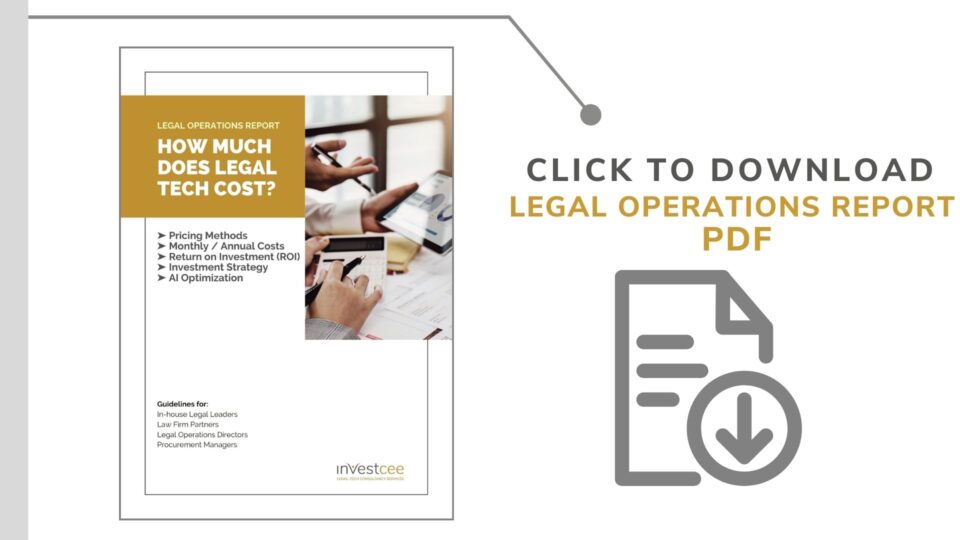Using analytics in legal work is not an abstract future. Intelligent search platforms are today’s reality that help both law firms and legal departments in deploying a data analytics strategy. Why is data mining relevant in legal context? It provides law firms and legal departments better business insights, improved decision-making and a differentiating toolkit for value-added services.
Legal Data Analytics Survey by Nalytics
Our LegalTech Marketplace partner Nalytics recently carried out two pieces of market research on adopting analytics within the legal sector:
- The first was based on in-depth telephone interviews with heads of practices specialising in contract analysis, disclosure of evidence in litigation work, and due diligence – e.g. in Mergers & Acquisitions (M&A). The focus of the interviews was data search and discovery.
- The second took the form of an online survey focusing upon artificial intelligence (AI) in law firms, with special emphasis on attitudes, existing adoption, usefulness and future potential.
The Nalytics team collated the findings from both research workstreams into a White Paper that provides a thought-provoking read. The market research revealed that lawyers experience a multitude of challenges in their search & discovery activities carried out to mitigate various risks. Take, for example, three staples of legal work: contract analysis, disclosure of evidence in litigation work, and due diligence – e.g. in Mergers & Acquisitions (M&A). For legal teams, Nalytics can be viewed as a “Swiss army knife” for search & discovery – enabling users to select the precise capability they need for specific search & discovery workstreams.



